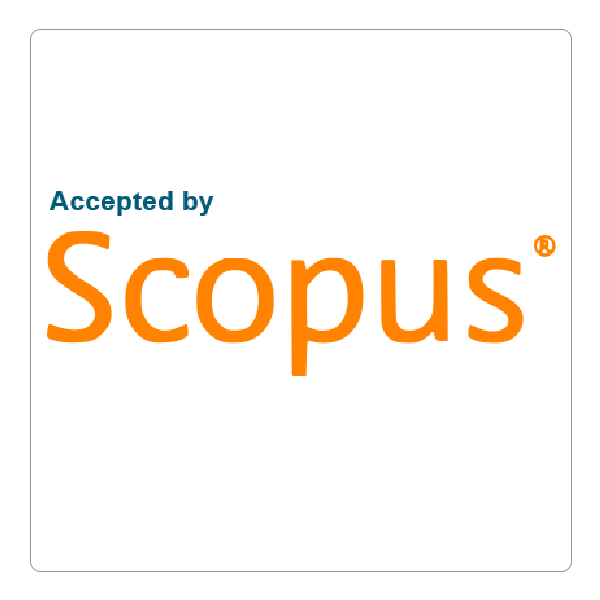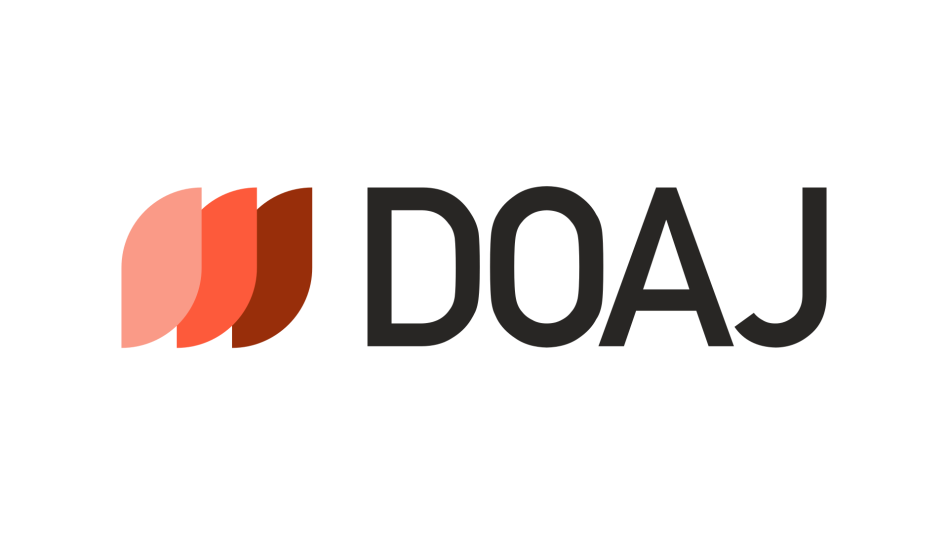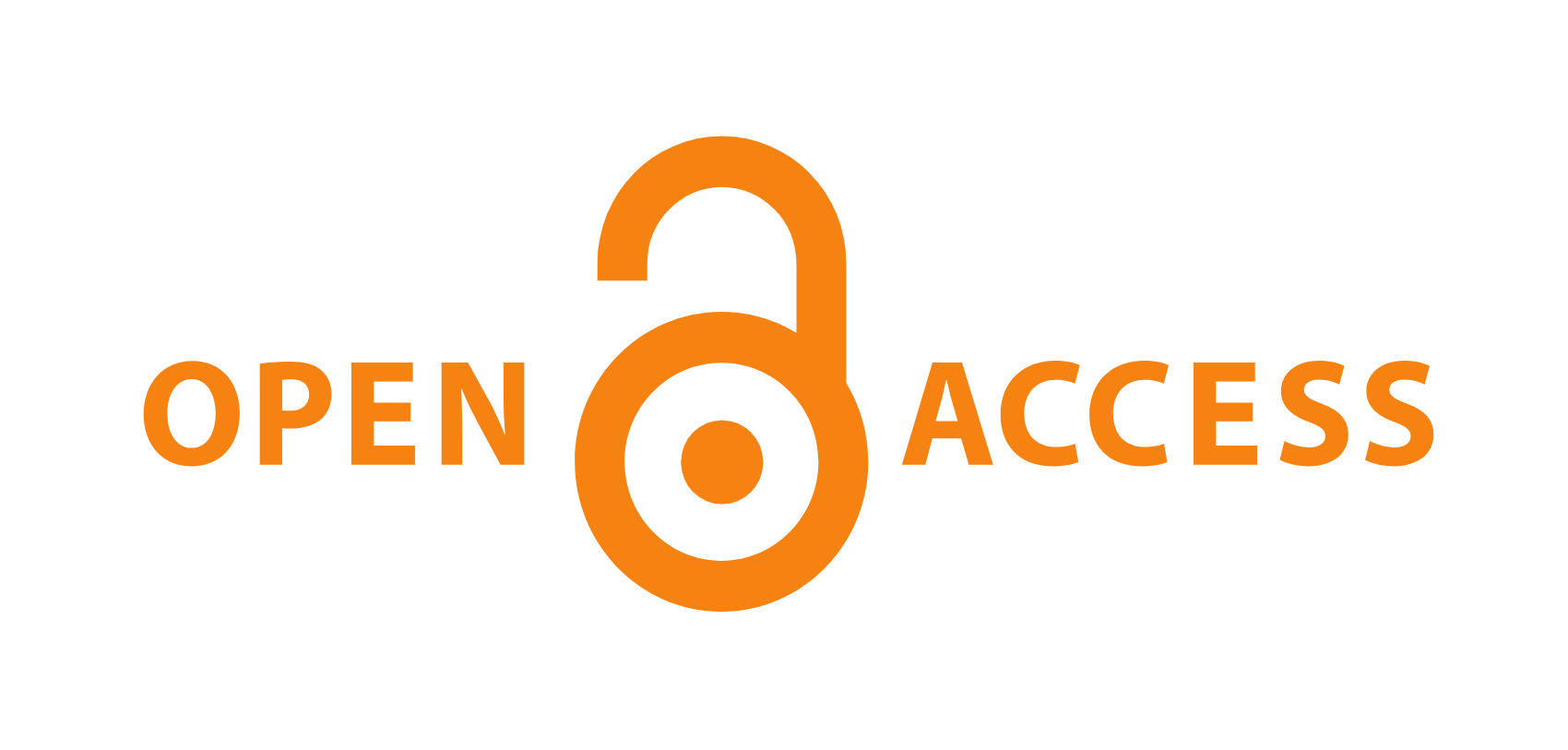How to Cite This Article
Ahmed, Hamdia M. and Piro, Safyia Sabri
(2019)
"Knowledge and Attitudes of Pregnant Women Regarding Breastfeeding,"
Polytechnic Journal: Vol. 9:
Iss.
2, Article 10.
DOI: https://doi.org/10.25156/ptj.v9n2y2019.pp55-62
Document Type
Original Article
Abstract
Inadequate knowledge or inappropriate attitude about breastfeeding may lead to undesirable consequences. This study assessed the breastfeeding knowledge and attitude of pregnant women about breastfeeding. A descriptive cross-sectional study was conducted on 120 pregnant women from four primary health-care centers in Erbil City/Iraqi Kurdistan from March 15, 2017, to May 15, 2017. A structured questionnaire was developed based on the evidence in the literature. A face to face interview technique was used for data collection. Overall, 61.7% of mothers had a poor level of knowledge of breastfeeding despite having a positive attitude (96.7%). There was a significant association between mothers’ knowledge and mothers’ education level, age, occupation, and type of family. However, no significant association was found between mothers’ attitude and their education level, age, occupation, parity, type of family, and having the plan to breastfeed. As general, the highest percentage of correct responses was about knowing about early skin-to-skin contact (69.2%), initiation of breastfeeding (57.5%), knowing the colostrum (76.7%), necessity of giving colostrum (79.2%), no necessity prelacteal feeding (79.2%), exclusive breastfeeding age (69.2%), complementary age food (70.8%), and optimal weaning time (70%) while the lowest percentage of correct responses was about breastfeeding benefits for infant and mother; as well as the contraindication of breastfeeding. Having good attitude regarding breastfeeding is not ensuring to have good knowledge. A significant number of pregnant mothers had not sufficient knowledge that indicating the necessity of interventional programs by the health system
Publication Date
12-1-2019
References
Afrose, L., B. Banu, K. R. Ahmed and K. Khanom. 2012. Factors associated with knowledge about breastfeeding among female garment workers in Dhaka city. WHO South East Asia J. Public Health. 1(3): 249.
Al-Azzawi, D., H. D. Kareema and D. Shaker. 2010. Assessment of breastfeeding knowledge among mothers in Erbil city. Zanco J. Med. Sci. 14(2): 1-6.
Al-Azzawi, S. I., K. A. Hussein and N. Z. Shaker. 2012. Knowledge, attitude and practices (KAP) of mothers toward infant and young child feeding in primary health care (PHC) centers, Erbil city. Kufa J. Nurs. Sci. 2(2): 118-126.
Al-Hially, Y. A. 2010. Assessment of mothers’ knowledge about breastfeeding and determining predictors. Med. J. Tikrit. 2(162): 77-83.
Brand, E., C. Kothari and M. A. Stark. 2011. Factors related to breastfeeding discontinuation between hospital discharge and 2 weeks postpartum. J. Perinat. Educ. 20(1): 36-44.
Cardoso, A., A. P. e Silva and H. Marín. 2017. Pregnant women’s knowledge gaps about breastfeeding in northern Portugal. Open J Obstetr. Gynecol. 7(03): 376.
Chambers, J. A., E. Alder, P. Hoddinott and R. McInnes. 2007. Asystematic review of measures assessing mothers’ knowledge, attitudes, confidence and satisfaction towards breastfeeding. Breastfeed. Rev. 15(3): 17.
Chaudhary, R., T. Shah and S. Raja. 2011. Knowledge and practice of mothers regarding breast feeding: A hospital based study. Health Renaiss. 9(3): 194-200.
Dallak, A., N. Al-Rabeei and Y. Aljahmi. 2016. Breastfeeding knowledge, attitude, and practices among mothers attending health centers in Sana’a city. ARC J. Public Health Community Med. 1(2): 9-17.
Dyson, L., F. M. McCormick and M. J. Renfrew. 2005. Interventions for promoting the initiation of breastfeeding. Cochrane Database Syst. Rev. 2: CD001688.
Fabrigar, L. R., R. E. Petty, S. M. Smith and Jr S. L. Crites. 2006. Understanding knowledge effects on attitude-behavior consistency: The role of relevance, complexity, and amount of knowledge. J. Pers. Soc. Psychol. 90(4): 556.
International Baby Food Action Network. 2017. The Convention on the Rights of the Child: Report on the Situation of Infant and Young Child Feeding in Bahrain. IBFAN.
Jiang, H., M. Li, D. Yang, L. M. Wen, C. Hunter, G. He and X. Qian. 2012. Awareness, intention, and needs regarding breastfeeding: Findings from first-time mothers in Shanghai, China. Breastfeed. Med. 7(6): 526-534.
Karimi, B., M. Z. Sani, R. Ghorbani and N. Danai. 2014. The pregnant mothers’ knowledge about breastfeeding in Semnan, Iran. Middle East J. Rehabil. Health. 1(1): e20833.
Kumar, L., K. Shahnawaz, G. Varma, S. K. Choudhary, A. Gupta and J. B. Singh. 2014. Knowledge, attitude and practices of nourishing mothers about breast feeding, attending urban health centre: A cross-sectional study from Kishanganj, Bihar. J Evol. Med. Dent. Sci. 3(7): 1681-1690.
Laanterä, S., A. M. Pietilä and T. Pölkki. 2010. Knowledge of breastfeeding among pregnant mothers and fathers. J. Perinat. Neonatal Nurs. 24(4): 320-329.
Leshi, O., F. O. Samuel and M. O. Ajakaye. 2016. Breastfeeding knowledge, attitude and intention among female young adults in Ibadan, Nigeria. Open J. Nurs. 6(01): 11.
Mahmud, N. A. 2011. Knowledge of Breastfeeding: A descriptive study among mothers in Kirkuk Governorate. Nurs Natl. Iraqi Specility. 24(2): 84-93.
Manoj, N. K. A., A. Mithrason and V. Thomas. 2018. Knowledge, attitude and determinants of breastfeeding among antenatal women at a teaching hospital at Wayanad, Kerala: A crosssectional study. Int. J. Med. Paediatr. Oncol. 4: 98-103.
Mbada, C. E., A. E. Olowookere, J. O. Faronbi, F. C. Oyinlola-Aromolaran, F. A. Faremi, A. O. Ogundele, T. O. Awotidebe, A. A. Ojo and O. A. Augustine. 2013. Knowledge, attitude and techniques of breastfeeding among Nigerian mothers from a semi-urban community. BMC Res. Notes. 6(1): 552.
Mehwish, H. H., K. Mannan, S. Saleem, F. Rehman, U. Fatima and A. K. Khan. 2017. Knowledge and attitude about breastfeeding among lactating mothers of rural Punjab. Pak. J. Med. Health Sci. 11(3): 1114-1117.
Orabi, A., R. al-Sayad and K. Alharthi. 2017. Investigating the knowledge, attitudes, practices and perceived barriers of breast feeding among saudi women in the national guard hospital Jeddah. Athens J. Health. 4: 257.
Richa, N. and S. Umesh. 2012. Assessment of knowledge and attitude of antenatal mothers towards breastfeeding. Natl. J. Community Med. 3: 381-384.
Saleh, M. and M. Kerr. 1996. Understanding the Muslim patient. J. SOGC. 18(1): 55-64.
UNICEF and WHO. 2018. Capture the Moment Early Initiation of Breastfeeding: The Best Start for Every Newborn. UNICEF, New York. Available from: https://www.who.int/ nutrition/publications/infantfeeding/capture-moment-earlyinitiation-bf/en. [Last accessed on Accessed 20 Jun 2018].
UNICEF DATA. 2005. Monitoring the Situation of Children and Women. Multiple Indicator Cluster Survey Manual. UNICEF, New York.
Vijayalakshmi, P., T. Susheela and D. Mythili. 2015. Knowledge, attitudes, and breast feeding practices of postnatal mothers: A cross sectional survey. Int. J. Health Sci. 9(4): 364.
WHO. 2016. Global Strategy for Women’s, Children’s and Adolescents’ Health. Available from: http://www.apps.who.int/gho/data/node. main.GSWCAHDATA?lang=en. [Last accessed on Accessed 20 Jun 2018].
World Health Organization. 2018. Implementation Guidance: Protecting, Promoting and Supporting Breastfeeding in Facilities Providing Maternity and Newborn Services: The Revised Baby-friendly Hospital Initiative. World Health Organization, Geneva.
Zhou, Q., K. M. Younger and J. M. Kearney. 2010. An exploration of the knowledge and attitudes towards breastfeeding among a sample of Chinese mothers in Ireland. BMC Public Health. 10(1): 722.











Follow us: